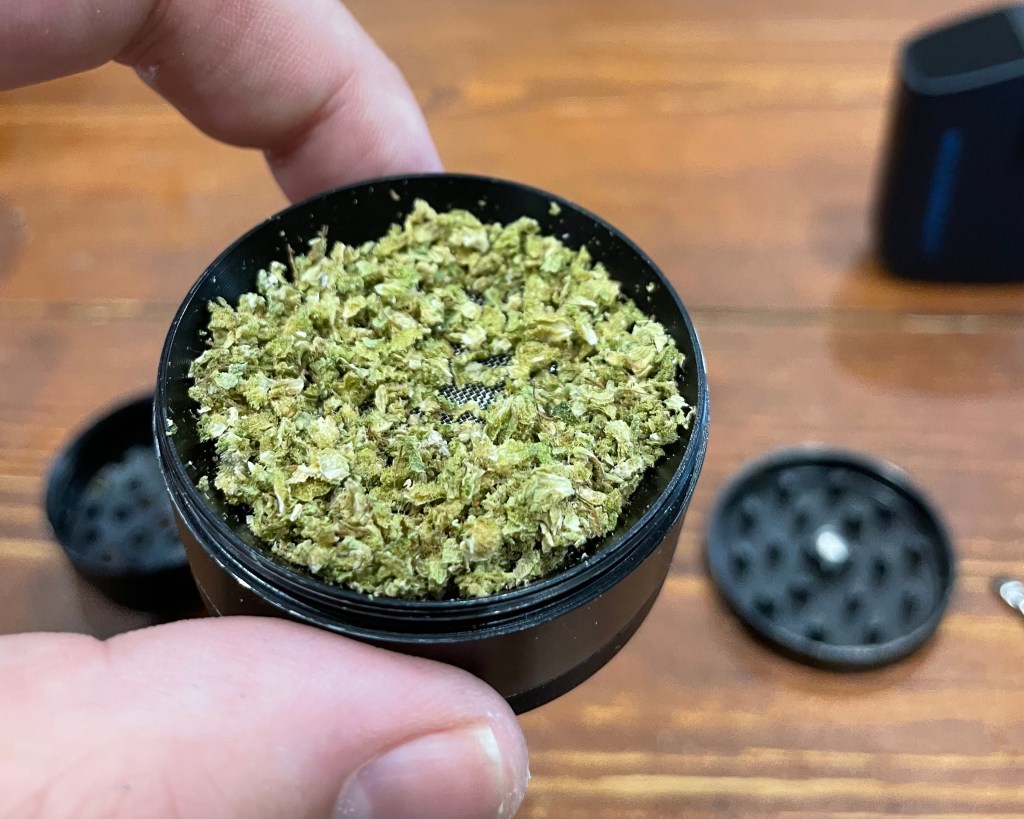At the beginning of June, some karaoke bars in Japan were allowed to reopen after seven weeks of coronavirus-related lockdowns. And like almost every other business that previously relied on crowded indoor spaces, close contact between customers, and high-touch common areas, they had a number of new best practices to put into place too.
The Japan Karaoke Box Association published its own list of safety guidelines, recommending that all the chairs in the karaoke rooms should face in the same direction, that food and drink orders should be placed through intercoms instead of in person, and that everyone wear a face mask or “other protective gear that covers the eyes and face.”
Videos by VICE
Some karaoke operators slightly modified those requirements, allowing customers to remove their masks when it was their turn at the mic. “We’re asking for everyone except the person singing to wear masks,” a spokesperson for karaoke chain Koshidaka Holdings Co told The Japan Times. “We’re also giving out a mask to each customer where possible, and where we can’t, giving disinfectant sheets instead.”
But a new feature from Joysound, a widely used karaoke system, might ensure that even the most serious singers can keep their faces covered at all times. Earlier this month, it debuted what it calls the “mask effect,” which enhances the voice and lessens that muffled “I am holding this note through two layers of non-woven fabric” sound.
“Even if you sing with a mask in karaoke, you can clearly hear the singing voice,” the company promises in a YouTube video that demonstrates the new mask effect. “You can sing more comfortably because you can hear your voice clearly even when you put it on.”
Last month, health officials in Hokkaido suggested that at least 60 cases of coronavirus in the city of Sapporo were connected to karaoke performances. Twenty-five miles away in Otaru, nine cases were connected to a single karaoke bar, and it has been suggested that older residents should perhaps pursue a different hobby for right now. The Associated Press reports that hiru-kara, or “karaoke at lunchtime” has become a popular activity among seniors.
“The world is gradually recovering, but it looks like a third wave is coming among these daytime karaoke gatherings,” Kuniko Morimoto, the owner of Karaoke Kissa-Yu in Sapporo, said. “I can’t have an infected person come from my place.” Despite the fact that her income has dropped by 80 percent, she has stopped allowing new customers inside her bar, and she won’t allow anyone in if they’ve been to another karaoke joint. (She also made her own safety divider out of a drying rack and a clear plastic sheet.)
In the United States, karaoke bars have been scrambling to adapt to ‘the new normal’ or whatever vaguely defined stage of the pandemic we’re in right now. In June, Honolulu mayor Kirk Caldwell wrote to the governor’s office, asking for singing to be allowed inside bars if a number of precautions were taken.
“We’ll be sending an order to the governor today, that allows singing inside bars and restaurants without a face covering, provided that the individual who is singing is able to maintain at least 10 feet of distance between themselves and others, and a Plexiglas barrier is utilized,” Caldwell said in a statement. “Singing outdoors without a face covering will be allowed provided 10 feet of distance or more is maintained.”
The Voicebox Karaoke chain, which has locations in Boise, Denver, Fort Worth, and Portland, Oregon, has implemented enhanced safety measures including sanitizing “the entire microphone” in each suite between parties, removing all songbooks and remote controls, and mandatory masks in all public areas. “In your suite, feel free to remove it to eat, drink, and ROCK,” it writes.
Maybe Joysound’s “mask effect” needs to make its way to the States, too. And soon.




